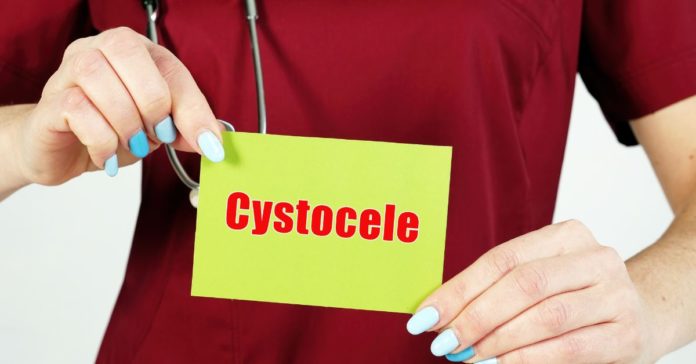What is a cystocele?
Cystocele is one of the conditions that is associated with pelvic organ prolapse. It can occur when the bladder moves down into the vagina as the muscles and ligaments weaken between the bladder and the vagina. These muscles and ligaments support the bladder system from the bladder to the vagina, and hence, the condition is also known as bladder prolapse.
Cystocele can be caused due to obesity, chronic coughing or other factors such as age, menopause, etc. This condition usually affects women’s daily routine and requires timely treatment to restore the normal lifestyle.
What is the process of healing cystoceles naturally?
When the cystocele causes mild symptoms, the condition can be treated with basic home remedies. Doctors go for natural remedies as the first level of treatment for healing cystoceles naturally, even with zero to bearable symptoms, before opting for a surgical approach.
Home and natural remedies are found to prevent the condition and have helped ease off the symptoms in many cases.
Some of the natural remedies are:
Lifestyle changes:
- Preventing the risk of obesity – Reducing and maintaining weight is mandatory for patients with cystocele as excess weight can result in complications and put extra pressure on the pelvic floor, which again may cause the bladder to sag down and escalate the symptoms.
- Quitting smoking – One must quit smoking when under any treatment to experience the proper outcome, and hence, patients with cystocele must certainly consider quitting smoking as one step of treatment.
- Alleviating chronic coughing – Considering treatment for chronic coughing may help with the symptoms of bladder prolapse as chronic coughing may put pressure on the pelvic floor muscles.
- Avoiding lifting heavy weights and doing strenuous exercises without consulting the doctor
- Preventing constipation can help to reduce the symptoms of cystocele. Constipation can be avoided by consuming fiber-rich foods and drinking plenty of fluids.
Pelvic floor exercises:
Pelvic floor exercises, also known as kegel exercises, help improve the pelvic floor muscles to support the surrounding organs such as the uterus, vagina, and urinary bladder. It is found to give good results when followed consistently. As a beginner of Kegels, holding back and tightening the muscles for 5 seconds and releasing for 5 seconds and repeating the process 5 times helps. Gradually the duration can be increased to 10 seconds and repeated 10 times at a stretch after getting used to this motion.
However, these exercises must be continued for a longer time to achieve the best results and effectively help with the symptoms.
Few women with very mild symptoms of cystocele are also advised to use weighted vaginal cones. The device will usually be attached to the woman’s vagina to contract the pelvic floor muscles and help prevent the pelvic muscles from loosening down.
Pessaries:
Pessaries or vaginal pessaries are supporting devices and are commonly used as contraceptives. Women with cystoceles are advised to use a pessary to retain the natural elasticity of the vaginal wall. These pessaries are available in different sizes and shapes. The most usual one comes with a ring shape, and it is made up of rubber or silicone.
The following constraints must be taken into account while using pessaries:
- The size of the pessary must be correctly chosen according to the size of the woman’s vagina.
- It usually does not disturb sexual intercourse; however, a pessary is also used as a contraceptive in very few cases.
- The pessary must be frequently removed and cleaned.
- While using a pessary, ensure that there is no development of infection on the vaginal walls due to its usage.
Pessaries are usually advised to women in the following cases:
- Women who are not willing to undergo surgery or are not eligible for a surgery
- Women who have only bladder prolapse and other organs in the pelvic floor are normal
- Women who are not eligible for family planning


















